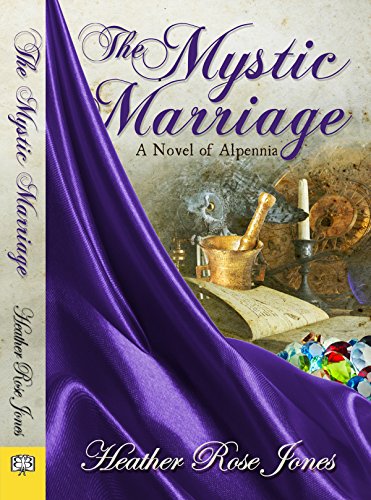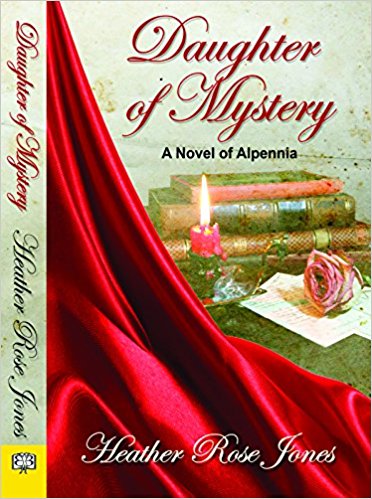
You know that joy you have when you first discover what it means to read for pleasure as a kid? That sense of losing yourself in another person’s imagination, of finding yourself so invested in their characters that you’re willing them on: that they become, if only for a brief moment, part of the fabric of your own mental world? This is precisely the joy I experienced reading The Mystic Marriage, the sequel to Heather Rose Jones’ first novel in The Alpennia series, Daughter of Mystery.
Jones has created a society in which the strange and the recognisable collide – the gentility and brutality of the nineteenth century twinned with its fantasy other. And in that space of historical otherness miracles really do happen, alchemy is ‘the great art’ and the supernatural is seamlessly woven into the politics and culture of Alpennian life. And – even more amazingly – those seams don’t show. It’s testament to Jones’ skills as a researcher that her stories leap out the page at you with such immediacy that you begin to forget Alpennia is a made up nation – an imaginary central European state with one foot in the political machinations of the countries which surround it.
But then again, you don’t just read fantasy books to marvel at the realism of their projected landscapes. You encounter them and engage with them through their characters. And this time, the author sets up an unlikely pairing: scandalous, flighty Jeanne – Vicomtesse de Cherdillac – and the austere, tragic figure of Antuniet Chazillen, desperate to clear her family’s name after the dishonour brought upon it by her brother. Emotionally worlds apart, the two women gradually come to a position of mutual understanding, respect and love. Their stories are closely bound to those of Barbara and Margarit, the main characters from Daughter of Mystery – and as the disparate strands of narrative are drawn together, the novel unfolds at a breathtaking pace with the jeopardy piled on right up to the final pages. It’s spellbinding writing, propelling the reader into an adventure which never ceases to excite and entertain. Highly recommended.
